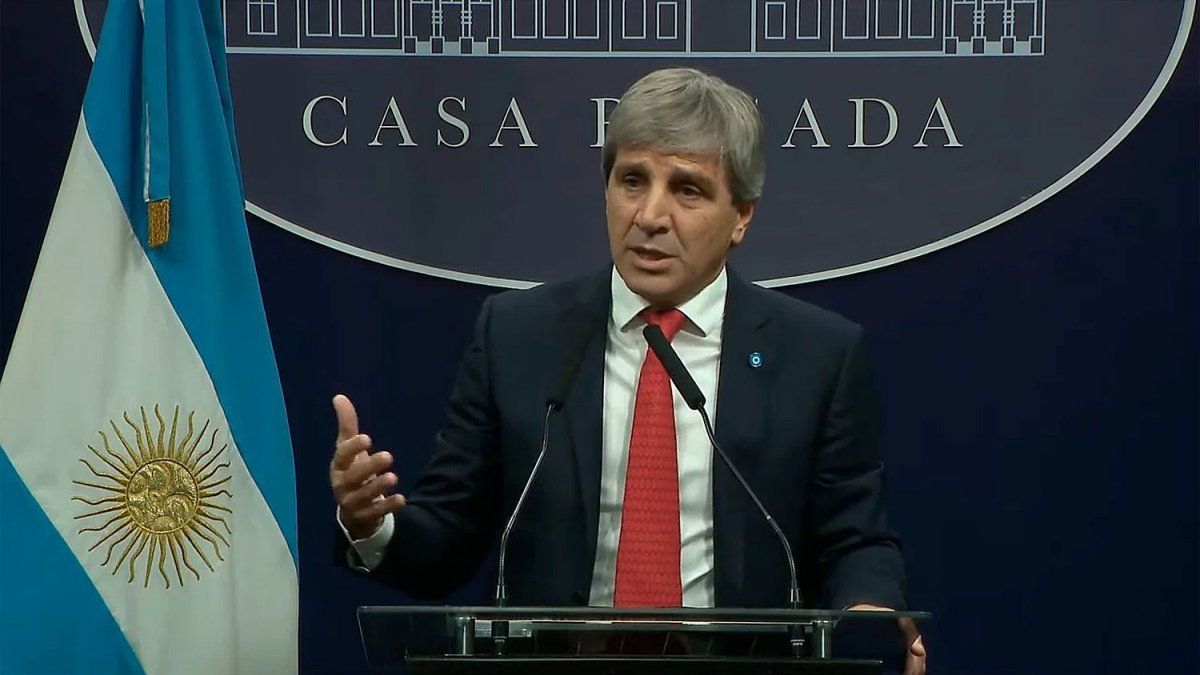The Government ordered that they must invest their transitory surpluses of liquidity in the tenders of public titles and/or Treasury letters.
Through Decree of necessity and urgency (DNU) 425/2025published Monday in the Official Gazette, the National Governmentestablished that all public sector agencies must invest their transitory liquidity surpluses in the tenders of public titles and treasure letters that periodically convene the periodically Ministry of Economy.
The content you want to access is exclusive to subscribers.
The decision is part of the new budget and financial administration scheme framed in the public emergency declared by the 70/23 DNU and ratified by the recent approval of the Base Law. The objective: channel the resources available within the State itself towards the financing of the deficitwithout resorting to indebtedness in the market or monetary issuance.


The measure reaches the National Administration -which includes both the central administration and the decentralized organizations -also covering social security institutions, companies and state societies, public entities and fiduciary funds constituted totally or mostly with goods or resources of the national State.
What is the measure
According to the official text, the entities achieved must place their liquid funds not incorporated into the unique treasure account in state debt instruments, “Without affecting the performance of their specific activities or the purposes of the administered assets.”
They remain excluded of this obligation public banks, legislative power, the judiciary and the Public Ministry, as clarified in the recitals of the decree.
Article 4 of the DNU states that the agencies must comply with the provisions of their respective creation standards and observe the limits and restrictions imposed. Besides, They will be obliged to inform the Ministry of Finance monthly About: the flow of funds executed at the end of the previous month, the projected flow until the end of the year (including all resources and expenses) and the state of availability and investments at the end of the month.
In case of non -compliance, the Ministry of Finance may apply administrative sanctionswhich include limits in the budget allocation or restrictions on the execution of payments for transfers to the obligated agencies.
The provision reinforces the executive’s strategy to centralize the liquidity of the public sector and use it as a source of internal financing, in a context where the need to sustain the fiscal balance coexists with restrictions on access to credit and a contractive monetary policy.
Source: Ambito




